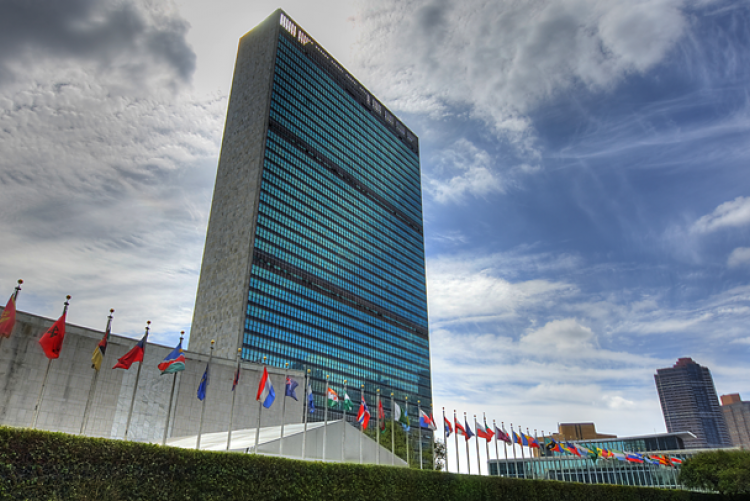Already a subscriber? Make sure to log into your account before viewing this content. You can access your account by hitting the “login” button on the top right corner. Still unable to see the content after signing in? Make sure your card on file is up-to-date.
The United Nations has once again called for an end to the decades-long US economic embargo on Cuba.
Some shit you should know before you dig in: Back in 1960, the United States imposed an economic embargo on Cuba after Fidel Castro’s government nationalized American-owned properties without compensation, following the overthrow of US-backed dictator Fulgencio Batista. Initially targeting exports other than food and medicine, the embargo was expanded in 1962 to become a full trade and financial blockade. The embargo restricts Cuba’s access to US markets, technology, banking systems, and many forms of international trade that rely on US infrastructure. Its impact has been profound, as Cuba faces chronic issues with food, fuel, and frequent energy blackouts.

What’s going on now: In a notable development, the UN voted 165 to 7, with 12 abstentions, to once again demand an end to the US embargo on Cuba. This marks the 33rd time the resolution has passed since 1992, signaling a strong and consistent global consensus. Countries that voted against the resolution included the United States, Israel, Ukraine, Hungary, Argentina, Paraguay, and North Macedonia (a notable shift from previous years when only the US and Israel stood in opposition). Meanwhile, 12 countries abstained, and 165 supported the resolution, continuing decades of overwhelming international support for Cuba’s position.
The United States argued that the annual vote is nothing more than “political theater” used by the Cuban government to deflect blame for its economic failures. US representatives claimed that Cuba’s struggles are rooted in its own authoritarian policies and refusal to implement reforms, not in US sanctions. They also attempted to sway votes by citing recent allegations that between 1,000 and 5,000 Cuban nationals are fighting alongside Russian forces in Ukraine, accusing the Cuban government of being involved in Russia’s war in Ukraine.
Cuba rejected these accusations outright, calling them baseless and politically motivated. The Cuban government insisted it has taken legal action against those involved in mercenary activities abroad and said it supports peace talks in Ukraine. Cuban Foreign Minister Bruno Rodríguez blasted the embargo as a form of “collective punishment” that violates international law and human rights, and accused the US of pressuring countries behind the scenes to vote against the resolution.







